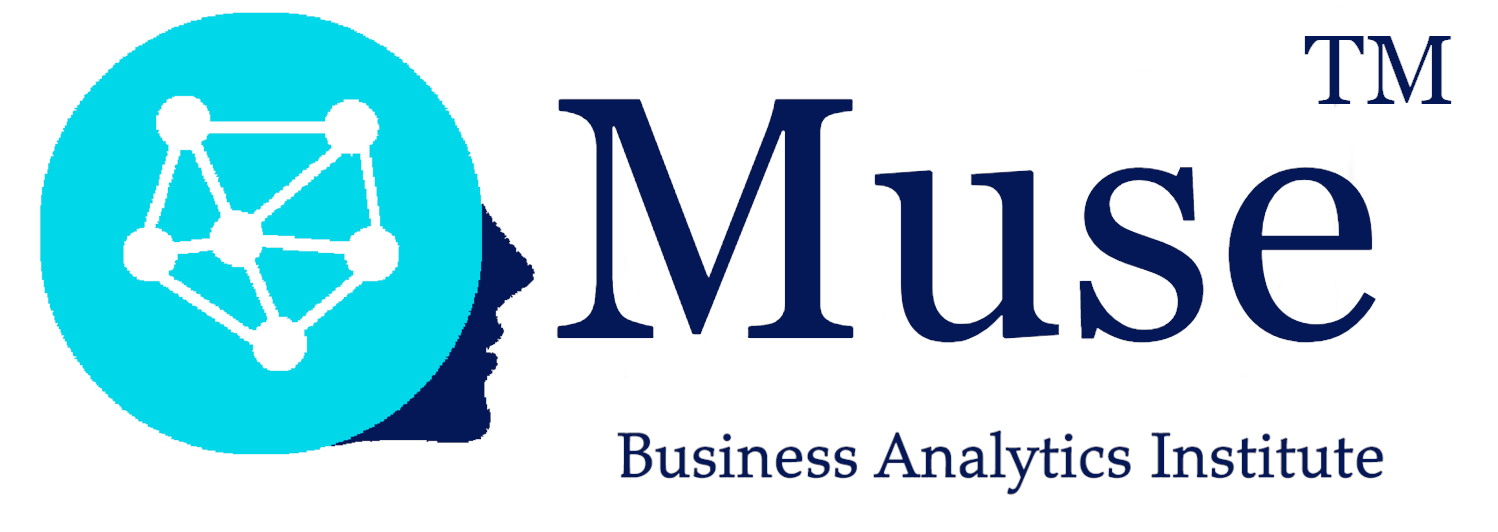Education
Artificial Intelligence (AI) is rapidly transforming higher education in a multitude of ways. When harnessed to bolster student outcomes, AI gives higher education institutions the ability to anticipate enrollment trends, optimize recruitment efforts, and elevate academic performance.
For example, AI-powered chatbots can answer student queries in real-time, providing support 24/7. Adaptive learning platforms use AI algorithms to analyze student data and create personalized learning paths that cater to the individual needs of each student.
AI can also analyze large volumes of data to identify patterns and insights that can help educators make informed decisions about curriculum development and teaching methods.
Additionally, AI is also creating new opportunities for research, enabling researchers to analyze large datasets and conduct complex simulations that were previously impossible.
AI-powered systems can also automate tedious research tasks such as data entry and literature reviews, freeing up valuable time for researchers to focus on more important aspects of their work.
However, the integration of AI in higher education also raises concerns about privacy, bias, and the potential displacement of human workers.
It is therefore important for universities to carefully consider the ethical implications of AI and ensure that its implementation is done in a responsible and transparent manner.

